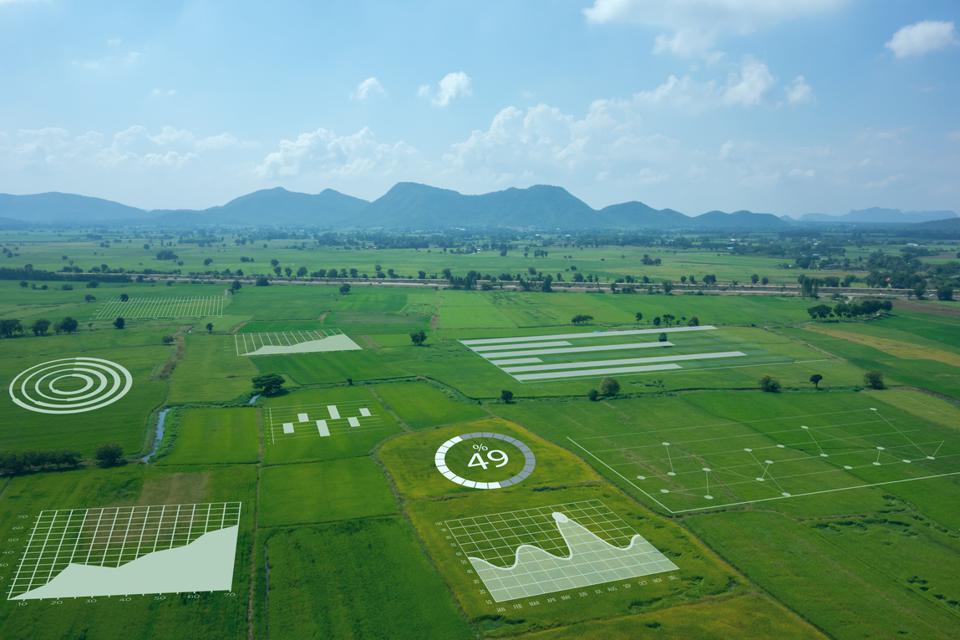
The Food and Agriculture Organisation (FAO) of the United Nations has embarked on a pilot project in collaboration with partners to improve the accuracy, accessibility, and readiness of crop production data. This initiative utilizes remote sensing yield forecast models to provide better yield estimates for agricultural and food security interventions. The project, called “Improved Yield Estimates to Inform Agricultural and Food Security Interventions,” is being implemented in Namibia, with the support of the University of Maryland (UMD)/Nasa Harvest and funding from the United States Agency for International Development’s bureau of humanitarian assistance. This article explores the objectives of the project, the data collection process, and the potential impact on agriculture and food security in Namibia.
Objectives of the Project
The primary objectives of the project are to enhance yield estimates for agricultural and food security interventions, improve the analytical capacity of stakeholders, and generate early warning information for targeted agricultural interventions. By leveraging remote sensing technology and data analysis, the FAO aims to provide tailored interventions that address the specific needs of farmers in vulnerable regions. The project focuses on smallholder farming and subsistence agriculture, which are particularly susceptible to climate change and other environmental factors.
Data Collection and Analysis
Since November 2022, the Ministry of Agriculture, Water and Land Reform in collaboration with the FAO and UMD/Nasa Harvest has been conducting extensive field data collection in seven regions of Namibia. The data collection efforts encompass agricultural input availability, preliminary crop estimates, and post-harvest assessments to determine actual harvest yield. This comprehensive approach ensures accurate and reliable data on crop yields and other relevant information. By expanding the sample size and employing remote sensing technology, the project facilitates the collection of extensive and timely data, enabling the government to analyze and implement potential interventions effectively.
Tailored Interventions for Farmers
Accurate data on crop yields and other pertinent information collected through the project will enable the FAO, UMD/Nasa Harvest, and the Ministry of Agriculture to design tailored interventions that address the specific needs of farmers in the target regions. The collaboration between stakeholders will result in more informed decision-making processes and a better understanding of the challenges faced by farmers in Namibia. By utilizing advanced technologies and remote sensing, the project aims to provide solutions to issues such as climate change, soil degradation, and low productivity, thereby contributing to improved agricultural practices and sustainable development.
Importance of Agriculture in Namibia
Agriculture plays a crucial role in Namibia’s economy and employs a significant portion of the rural population. However, the sector faces various challenges, including the impacts of climate change, soil degradation, and low productivity, which pose risks to food security and sustainable development. The pilot project’s focus on enhancing crop production data and providing tailored interventions demonstrates a commitment to addressing these challenges and supporting the agricultural sector’s resilience and growth.
The FAO’s collaboration with partners on the pilot project to enhance crop production data using remote sensing technology represents an important step towards improving agricultural practices and food security in Namibia. By collecting accurate and timely data, the project enables stakeholders to design targeted interventions that address the specific needs of farmers in vulnerable regions. The project’s use of advanced technologies and data analysis enhances the government’s capacity to analyze and implement effective agricultural interventions. Ultimately, this initiative aims to foster sustainable agricultural practices, mitigate the impacts of climate change, and ensure food security in Namibia and beyond.



















Leave a Reply